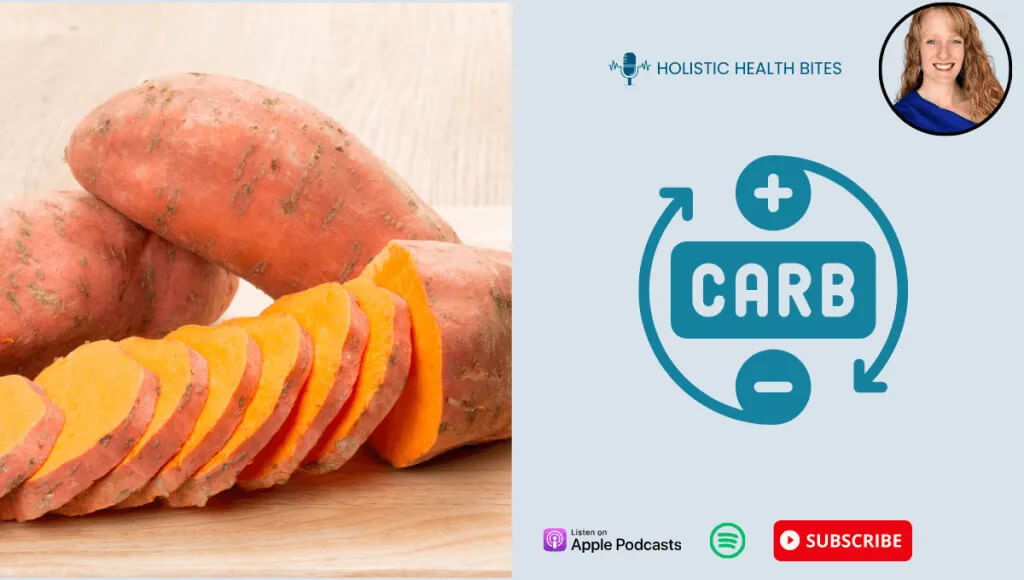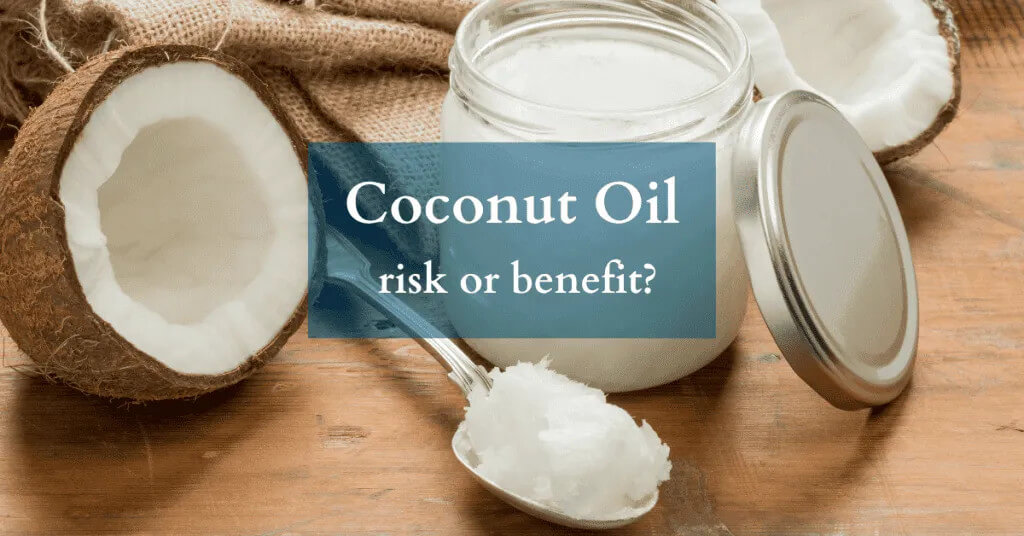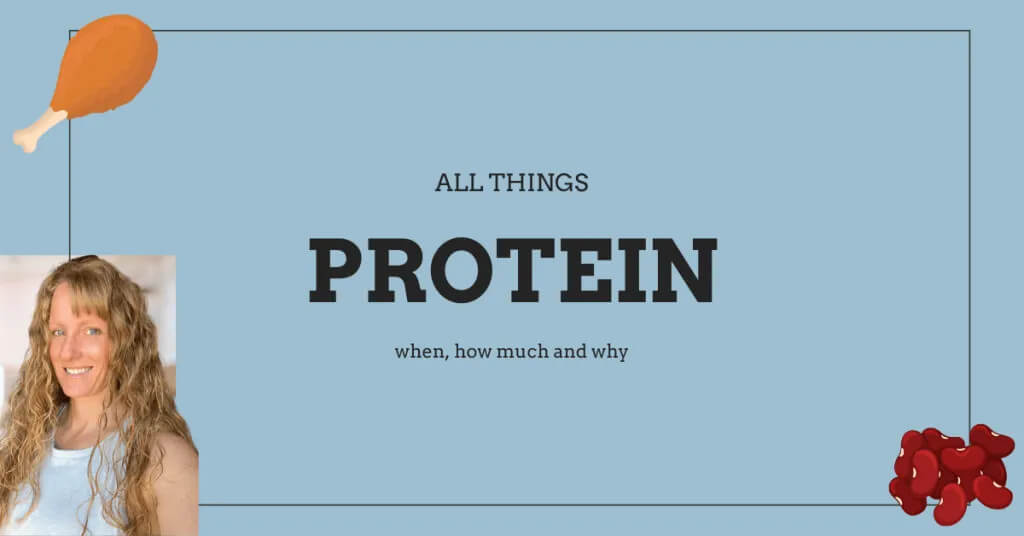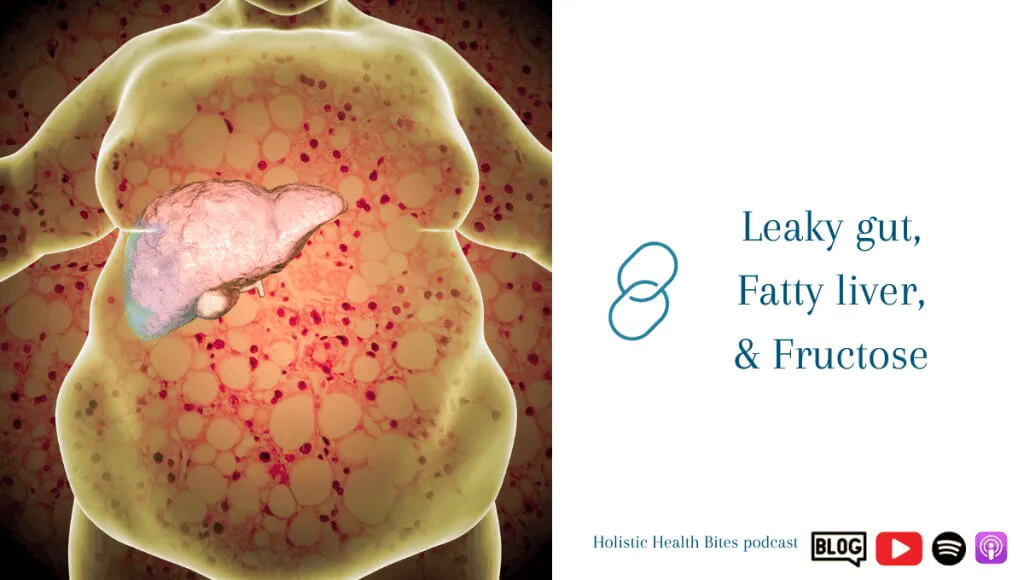 Carb cycling is a strategy that can help with weight and fat loss without cutting calories or permanently eliminating carbs. It allows for a wide variety of foods while still benefiting metabolic health. Carbs are often thought of as our primary fuel source, but our bodies can also run on fat under the right conditions. Studies have shown that our body's preferred fuel is fat, as it provides stable energy for longer periods of time compared to glucose. Cycling through higher and lower carb days can help lower overall glucose and insulin levels, making you less hungry and aiding in weight and fat loss.
Carb cycling is a strategy that can help with weight and fat loss without cutting calories or permanently eliminating carbs. It allows for a wide variety of foods while still benefiting metabolic health. Carbs are often thought of as our primary fuel source, but our bodies can also run on fat under the right conditions. Studies have shown that our body's preferred fuel is fat, as it provides stable energy for longer periods of time compared to glucose. Cycling through higher and lower carb days can help lower overall glucose and insulin levels, making you less hungry and aiding in weight and fat loss.Implementing a carb cycling plan depends on your current health status and goals. Working with a well-trained practitioner is recommended to determine the ideal plan for you. A sample 6-week plan includes consuming adequate protein and natural fats with each meal, as well as 1-2 servings of non-starchy vegetables. The amount of starchier or higher sugar carbohydrates consumed will vary throughout the weeks. It is important to adjust the plan based on individual needs and health conditions.
Read more... In this episode, Charis Sederberg, a former nurse turned holistic healthcare advocate, discusses her transition from conventional healthcare to embracing a holistic approach. Inspired by her grandmother's battle with cancer, Charis pursued further education in nutrition therapy and now helps others on their healing journeys. She emphasizes the value of her nursing background in providing a holistic perspective and recognizes the growing recognition of holistic approaches within the conventional medical system. Charis also discusses various topics such as digestion, nervous system regulation, and recommends foundational practices like good eating habits, breathing exercises, and yoga and meditation for healing and restoration.
In this episode, Charis Sederberg, a former nurse turned holistic healthcare advocate, discusses her transition from conventional healthcare to embracing a holistic approach. Inspired by her grandmother's battle with cancer, Charis pursued further education in nutrition therapy and now helps others on their healing journeys. She emphasizes the value of her nursing background in providing a holistic perspective and recognizes the growing recognition of holistic approaches within the conventional medical system. Charis also discusses various topics such as digestion, nervous system regulation, and recommends foundational practices like good eating habits, breathing exercises, and yoga and meditation for healing and restoration. In a recent blog post, Functional Nutritionist Andrea Nicholson addresses the controversy surrounding coconut oil. While some claim it's a miracle product, others argue it's detrimental to health. Nicholson breaks down the risks and controversies associated with coconut oil, including its saturated fat content, digestive issues, and allergies. On the other hand, she lists a plethora of benefits backed by over 1500 studies, such as reducing inflammation, boosting brain function, and improving heart health. She also explains the different components and types of coconut oil and provides practical uses and applications for cooking, skincare, dental care, and household cleaning. In summary, while there may be some potential drawbacks, proper use and moderation can help individuals reap the many benefits of coconut oil.
In a recent blog post, Functional Nutritionist Andrea Nicholson addresses the controversy surrounding coconut oil. While some claim it's a miracle product, others argue it's detrimental to health. Nicholson breaks down the risks and controversies associated with coconut oil, including its saturated fat content, digestive issues, and allergies. On the other hand, she lists a plethora of benefits backed by over 1500 studies, such as reducing inflammation, boosting brain function, and improving heart health. She also explains the different components and types of coconut oil and provides practical uses and applications for cooking, skincare, dental care, and household cleaning. In summary, while there may be some potential drawbacks, proper use and moderation can help individuals reap the many benefits of coconut oil. Protein is essential for our health, playing a crucial role in various bodily functions such as muscle building, hormone production, and brain function. The current Recommended Daily Allowance (RDA) for protein is based on the average sedentary person and may not be suitable for everyone, especially those who are physically active or trying to lose weight. For physically active individuals, it is recommended to consume 1-2 grams of protein per kilogram of body weight per day, with a higher intake for those regularly engaging in intense physical activities.
Protein is essential for our health, playing a crucial role in various bodily functions such as muscle building, hormone production, and brain function. The current Recommended Daily Allowance (RDA) for protein is based on the average sedentary person and may not be suitable for everyone, especially those who are physically active or trying to lose weight. For physically active individuals, it is recommended to consume 1-2 grams of protein per kilogram of body weight per day, with a higher intake for those regularly engaging in intense physical activities.When it comes to protein sources, animal proteins such as meat, fish, eggs, and dairy are considered complete proteins, providing all essential amino acids in sufficient amounts and are highly digestible. Plant proteins, found in beans, lentils, nuts, and seeds, may be lacking in certain essential amino acids and are less digestible. However, with proper combination and attention, it is possible to get adequate essential amino acids from plant sources.
To ensure you are getting enough protein, it is recommended to have protein at every meal, focusing on animal proteins for the best results. While protein powders, shakes, and bars can be used to supplement protein intake, it is advised to prioritize whole food sources whenever possible.
Read more... In this blog post, the author discusses the direct link between leaky gut, fatty liver, and fructose intake. A study published in the Journal of Nutritional Biochemistry highlights how fructose in the diet, bacterial overgrowth, and leaky gut contribute to the formation of non-alcoholic fatty liver. Fructose is metabolized differently than glucose and can be continuously converted to glucose, glycogen, lactate, and pyruvate, which are then converted to triglycerides (fat). Bacterial overgrowth in the gut, specifically the small intestine, is also being examined for its role in fatty liver development.
In this blog post, the author discusses the direct link between leaky gut, fatty liver, and fructose intake. A study published in the Journal of Nutritional Biochemistry highlights how fructose in the diet, bacterial overgrowth, and leaky gut contribute to the formation of non-alcoholic fatty liver. Fructose is metabolized differently than glucose and can be continuously converted to glucose, glycogen, lactate, and pyruvate, which are then converted to triglycerides (fat). Bacterial overgrowth in the gut, specifically the small intestine, is also being examined for its role in fatty liver development.The author provides three key recommendations based on the study findings: limiting fructose intake, particularly from sugar-sweetened beverages and foods with added or concentrated fructose; reducing overall sugar intake; and addressing gut health. They emphasize the importance of investigating and correcting digestive dysfunctions and infections, even in the absence of digestive symptoms, as the gut is a potential source of various diseases and conditions.
Read more...















